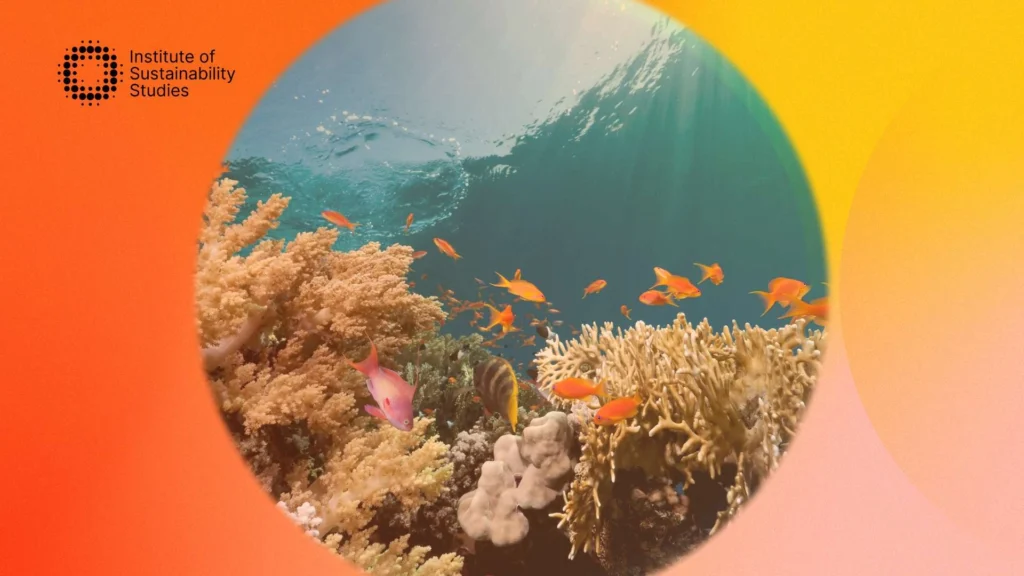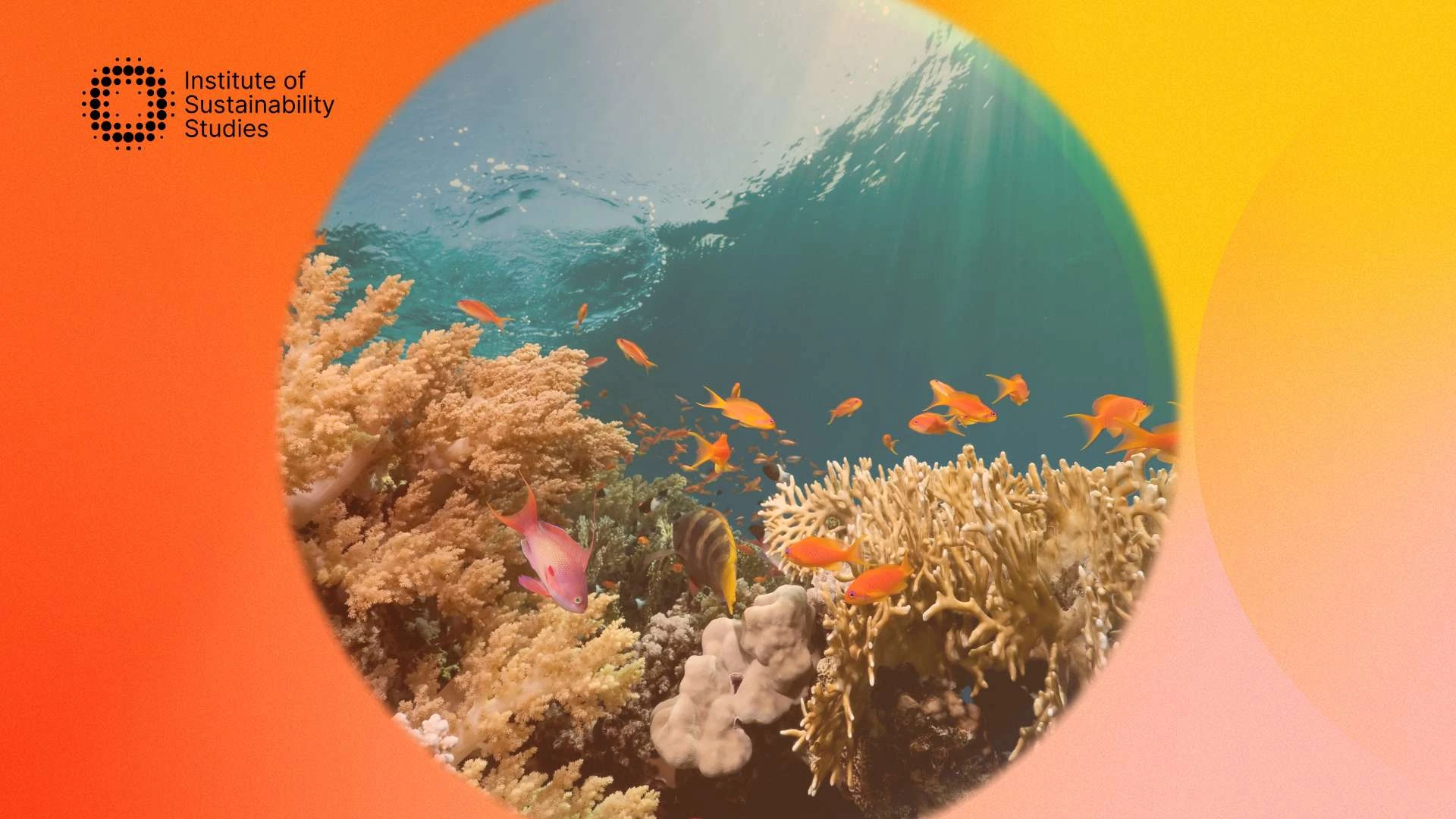Businesses across the seafood value chain now have a clear framework for ocean and maritime protection, following the launch of the first science-based targets for nature covering the ocean. Released by the Science Based Targets Network (SBTN), the new guidance enables companies to address pressing issues such as habitat degradation, overfishing, and declining marine biodiversity.
The framework is specifically designed for the seafood sector and forms part of SBTN’s broader mission to create science-based goals for land, freshwater, and ocean ecosystems. It marks a major milestone in integrating ocean health into business sustainability strategies, encouraging organisations to assess but also reduce their impact on marine environments.
Why oceans matter in sustainability strategy
The ocean plays a critical role in regulating the Earth’s climate, acting as the planet’s largest carbon sink and supporting the livelihoods of billions. Yet, despite its importance, it continues to degrade under mounting pressures such as pollution, overfishing, and habitat destruction. These changes threaten both planetary health and the long-term viability of many business operations tied to marine resources.
SBTN’s executive director, Erin Billman, said the new ocean science-based targets enable businesses to move “beyond incremental change”, helping to secure both supply chain resilience and ecosystem recovery. With marine ecosystems under threat, the guidance gives companies a powerful tool to ensure that sustainability efforts go further and align with the best available science.
Catalyse meaningful change across your organisation with flexible, expert-led online sustainability training
Built on collaboration and rigour
The development of the ocean targets is backed by scientific rigour and cross-sector collaboration. Organisations such as WWF, Conservation International, the Marine Stewardship Council, and The Nature Conservancy have contributed expertise, alongside input from the Aquaculture Stewardship Council and Sustainable Fisheries Partnership.
This multi-stakeholder approach ensures the framework is not only scientifically sound but also practical for corporate implementation. Seafood-related businesses can now register to begin the target-setting process and align their practices with globally recognised nature-positive pathways.
The ocean targets build on momentum from previous SBTN milestones. In October 2023, SBTN verified the first corporate science-based targets for nature, set by companies including Kering, GSK, and Holcim. These early movers focused on freshwater and land use – now, the addition of ocean targets completes the triad of Earth’s most critical natural systems.
A Rising tide of accountability
This launch arrives as global pressure mounts for businesses to play an active role in reversing nature loss. The OECD has underscored the urgent need to scale biodiversity finance, especially in support of the Global South. Frameworks like the SBTN’s offer businesses a way to act meaningfully, while strengthening supply chain resilience and responding to growing investor and regulatory scrutiny. For seafood businesses, in particular, ocean health is directly tied to business continuity and the licence to operate.
Conclusion: A turning point for corporate nature action
The launch of the first science-based targets for nature covering oceans represents a pivotal moment for corporate sustainability. As the world grapples with the twin crises of climate and biodiversity loss, this framework empowers companies to play a strategic role in ecosystem restoration and resilience. It sends a clear message: protecting ocean health is also smart business. For organisations ready to lead, now is the time to embed these targets into their sustainability strategies and act decisively. The tools are here, the science is clear, and the tide is turning.









